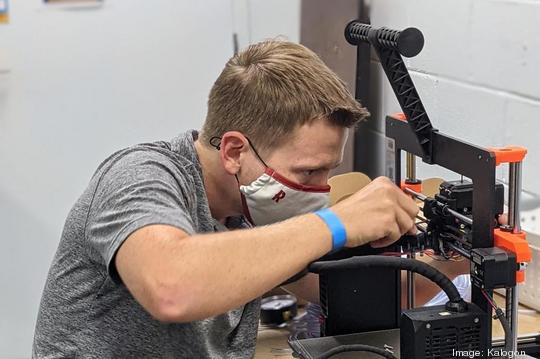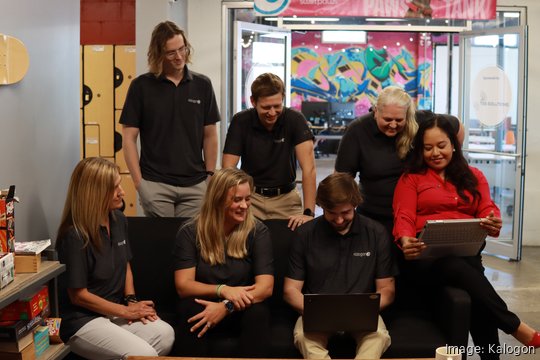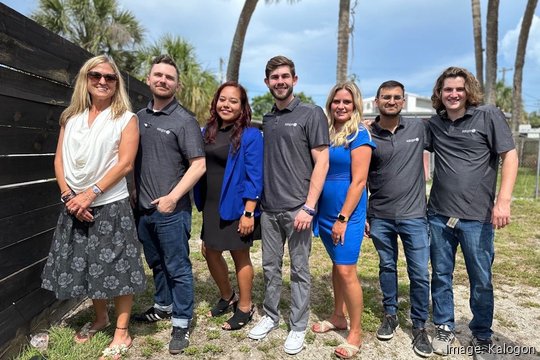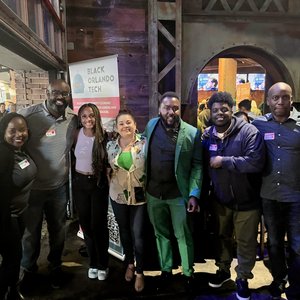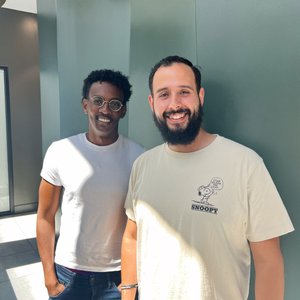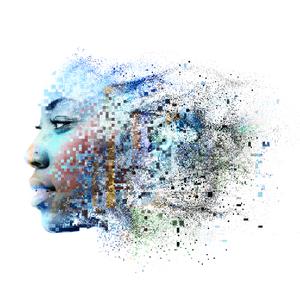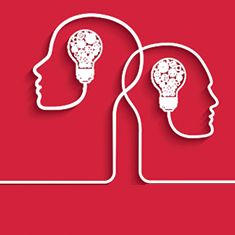Kalogon, in business since 2021, is an Orlando Inno 2023 Fire Awards winner, one of three in the Fresh Faces category, which recognizes businesses established five or fewer years ago.
Melbourne-based Kalogon’s mission is to empower wheelchair users to live an active seated life by creating innovative solutions that prevent pressure sores and meet their changing needs. Using a combination of machine learning and patent-pending aircell technology, it developed the Kalogon Orbiter cushion, which intelligently redistributes weight and prevents pressure injuries.
Read more about the Fire Awards in Orlando Business Journal's June 9-15, 2023, weekly edition. And go here to see inside Orlando Business Journal's 2023 Fast 50/Fire Awards celebration that was held June 8 in the Citrus Club.
Introducing the 2023 Fire Awards winners
Here’s more from CEO Tim Balz:
What led to Kalogon’s rapid growth?
Pressure injuries are one of the leading causes of preventable death in the U.S., with their complications resulting in nearly 60,000 deaths annually. These injuries develop due to unmitigated pressure applied to the skin and deep tissue when seated for long periods of time, making wheelchair users particularly vulnerable. Current solutions for preventing pressure injuries do not effectively address the problem. Traditional wheelchair cushions are static, made of either blocks of foam, inflated air pockets or both. Without the person actively shifting their weight, pressures build and cause reduced blood flow, leading to painful and costly pressure injuries. Practicing consistent and proper pressure offloading is critical for preventing [pressure sore] development; however many wheelchair users do not perform the offloads or have pre-existing conditions that make performing offloads extremely difficult. What results is unmitigated pressure and eventually a pressure injury. The invention of the Kalogon Orbiter Smart Cushion has revolutionized wheelchair seating and is redefining the standard of care for wheelchair users: an issue that has been left untouched for too long. Its intent is to "bridge the gap" between clinically recommended pressure offloading regiments and what movement is feasible and practical for those with limited mobility outside the care setting.
How did you accomplish it?
Anyone who routinely uses a wheelchair is at risk for developing a pressure injury. To reduce this risk, pressure offloads are performed as the primary method for disrupting and redistributing applied pressures, allowing for blood flow to remain at normal levels. The cushion itself became the team’s focus as an opportunity to improve blood flow. The wheelchair cushion marketplace has not seen much innovation for the past 50 years, as many times the disabled population is overlooked for innovation, despite the fact that innovations stemming from these audiences create better experiences for everyone. After consultations and rigorous testing with wheelchair users, nursing homes, spinal cord injury clinics and physical rehab centers, the team launched the Kalogon Orbiter Cushion.
What is a little-known fact about Kalogon?
The Kalogon founding team is a group of SpaceX Engineers who believed their mission in life is to help solve problems for people with disabilities and help eliminate the effects of prolonged sitting, thus creating Kalogon.
How does Kalogon stay on the cutting edge?
Kalogon’s Orbiter Smart Cushion uses a combination of machine learning and patent-pending air cell technology to automatically adjust pressures applied on a wheelchair user’s buttocks and thighs. The cushion is designed to detect pressure points in real-time and redistribute pressure, and aims to increase comfort and maintain blood flow through this adjusting process. Users and caregivers can use a companion app to personalize their experience to support healing and pain relief. Clinicians also can customize settings according to the plan of care for the user. The Orbiter’s dynamic surface is designed to assist wheelchair users who have difficulty performing weight shifts and offloads at the recommended interval, providing over 200 redistributions per day when set to a three-minute cycle. Clinical recommendations generally prescribe performing offloads once every 15 minutes, while a study by Stockton et. Al. (2002) concluded that, even though many wheelchair users surveyed had the ability to perform offloads, a majority (54.7% of 136 surveyed) moved, shifted or performed offloads less than once per hour. The cushion’s dynamic surface is designed to bridge the gap between clinical recommendations for weight shifts/pressure reliefs and what is actually possible outside of the care setting for individuals with mobility difficulties. The cushion can aid in assisting in weight shifts in situations when performing an actual offload would be difficult, such as when in a car, during a social event or while asleep.
Kalogon
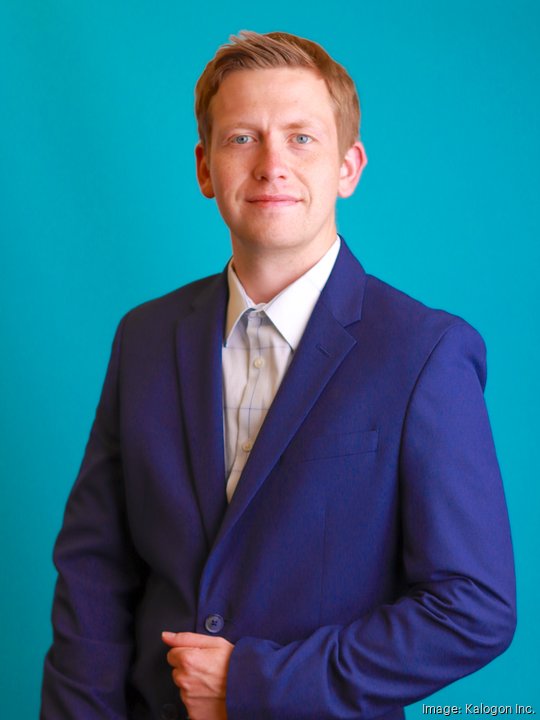
- Top executive: Tim Balz, CEO
- Year founded: 2021
- Number of employees in Central Florida: 20-25
- Number of employees company wide: 20-25
Sign up here for The Beat, Orlando Inno’s free newsletter. And be sure to follow us on LinkedIn, Facebook and Twitter.
